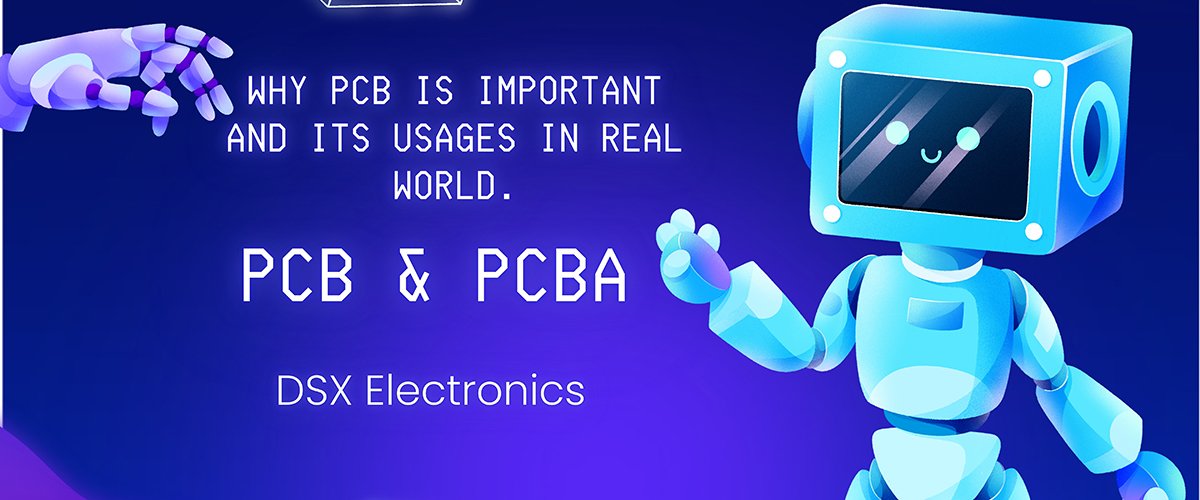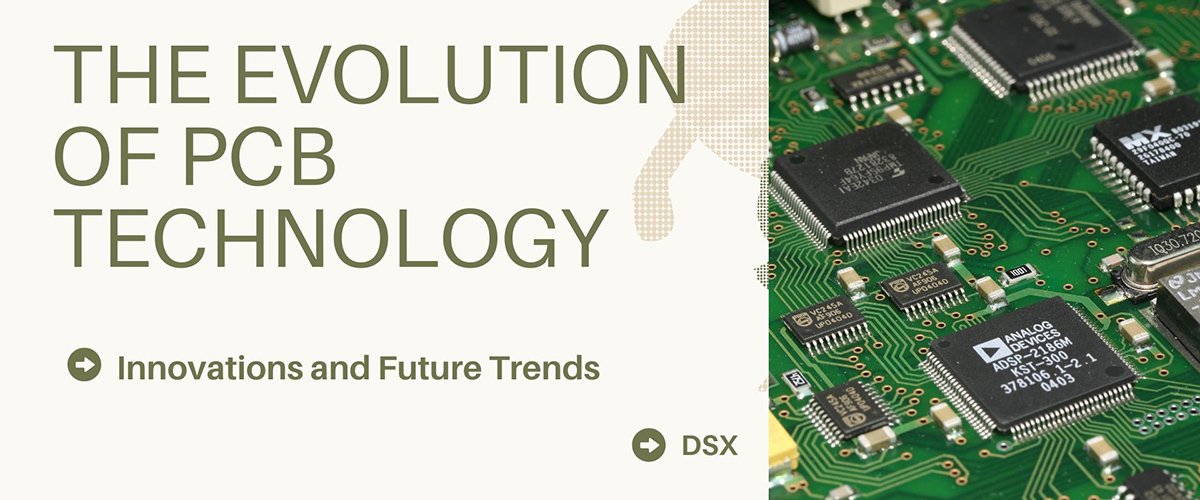Why PCB Is Important and Its Usages in Real World

Why PCB Is Important and Its Usages in Real World
Printed Circuit Boards (PCBs) are fundamental components in modern electronics, playing a critical role in the functioning and reliability of electronic devices. Their importance spans across various industries, from consumer electronics to aerospace and medical equipment. Here's why PCBs are indispensable:
Foundation of Electronic Devices:
PCBs provide the physical and electrical foundation for most electronic devices. They enable the compact, organized layout of electronic circuits, facilitating the connection of components such as resistors, capacitors, and integrated circuits. This organized structure ensures efficient and reliable operation of devices ranging from smartphones to sophisticated industrial machinery.
Enhanced Reliability and Performance:
The design and manufacturing processes of PCBs contribute to their durability and performance. By using high-quality materials and precise manufacturing techniques, PCBs can withstand harsh environments, including extreme temperatures and vibrations. This reliability is crucial in sectors like aerospace and automotive, where failure can have catastrophic consequences.
Miniaturization and Portability:
PCBs are pivotal in the trend towards miniaturization of electronic devices. Their compact design allows for the integration of complex circuits in smaller footprints. This miniaturization has driven the development of portable gadgets, such as laptops, tablets, and wearable technology, which have become integral to modern life.
Customization and Scalability:
The versatility of PCBs allows for extensive customization to meet specific application requirements. Designers can tailor the layout, materials, and components to optimize performance for particular uses. Furthermore, PCBs facilitate scalability, enabling the production of both small prototypes and large volumes of devices with consistent quality.
Cost Efficiency:
PCBs contribute to cost efficiency in electronics manufacturing. Their standardized design and automated production processes reduce manufacturing costs and time. Additionally, the reliability of PCBs minimizes the need for repairs and replacements, further lowering long-term costs.
Environmental Impact:
Modern PCBs are designed with environmental considerations in mind. Many manufacturers adopt eco-friendly practices, such as using lead-free solder and recyclable materials, to reduce the environmental footprint. This is increasingly important as the world moves towards sustainable and responsible manufacturing practices.
Innovation Enabler:
PCBs are at the heart of technological innovation. They enable the development of new and advanced electronic products, driving progress in fields like telecommunications, healthcare, and computing. Innovations such as flexible and multilayer PCBs continue to push the boundaries of what is possible, fostering the creation of more sophisticated and efficient devices.
In summary, PCBs are essential for the functioning, reliability, and advancement of electronic devices. Their contribution to miniaturization, cost efficiency, and innovation underscores their importance in today's technology-driven world. As electronic devices become increasingly integrated into daily life, the role of PCBs will only continue to grow.
 The Evolution of PCB Technolog
The Evolution of PCB Technolog
 Top 6 PCB Industry Trends Shap
Top 6 PCB Industry Trends Shap
 Sustainable Materials and Manu
Sustainable Materials and Manu
 The Impact of DeepSeek, NVIDIA
The Impact of DeepSeek, NVIDIA
